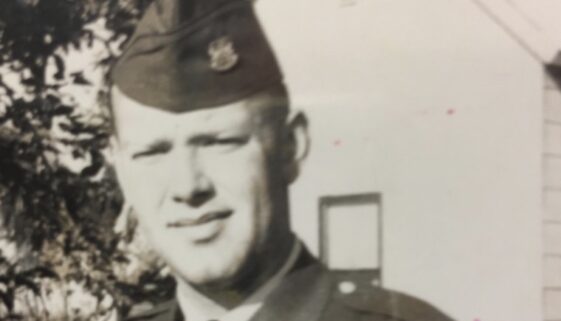Sergeant George A. Williams, U.S. Army – Drafted and Fighting in Vietnam
We’ve had an all-volunteer military since the draft ended in 1973, so it’s hard for us today to understand the life-changing impact of receiving a draft notice in the mail. George Williams knows that impact all too well. Drafted in 1965, he left small-town America to fight in the jungles of Vietnam during the height […]

